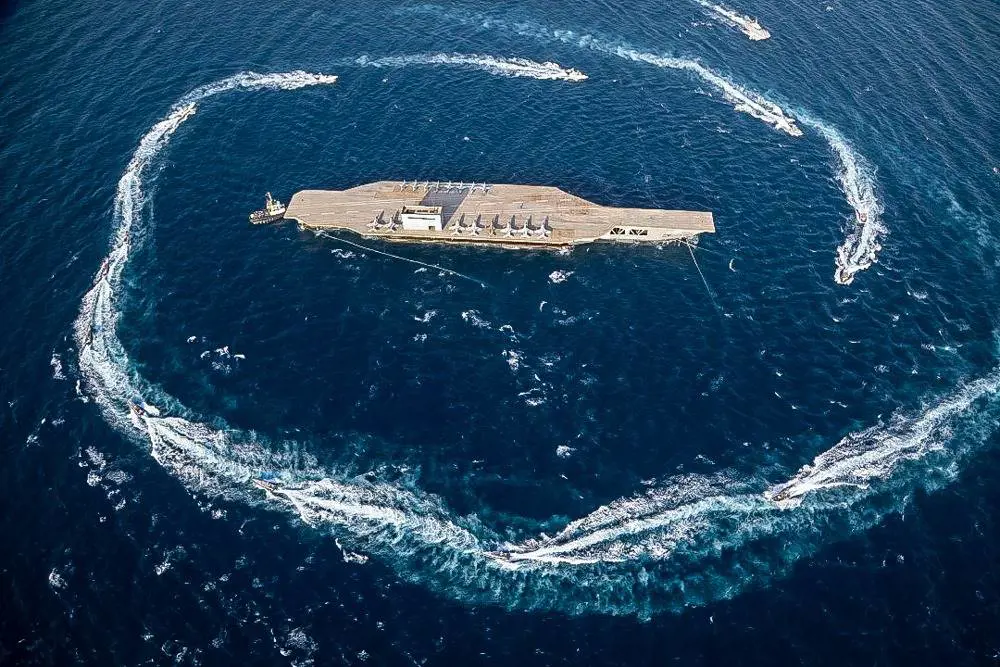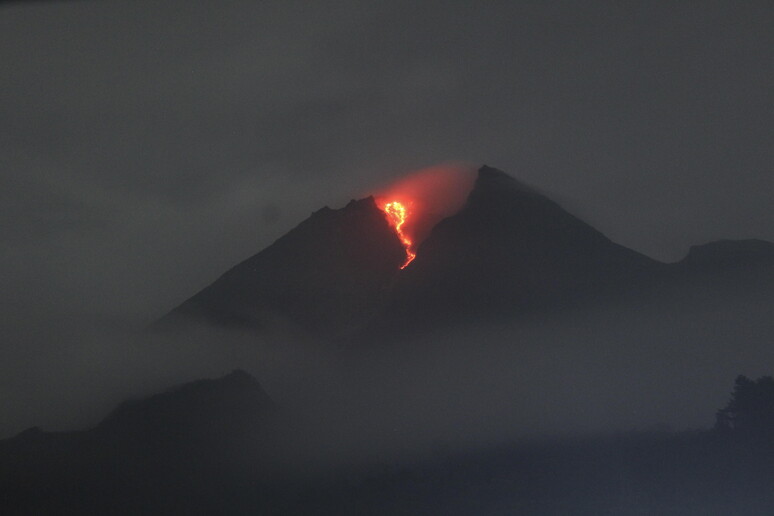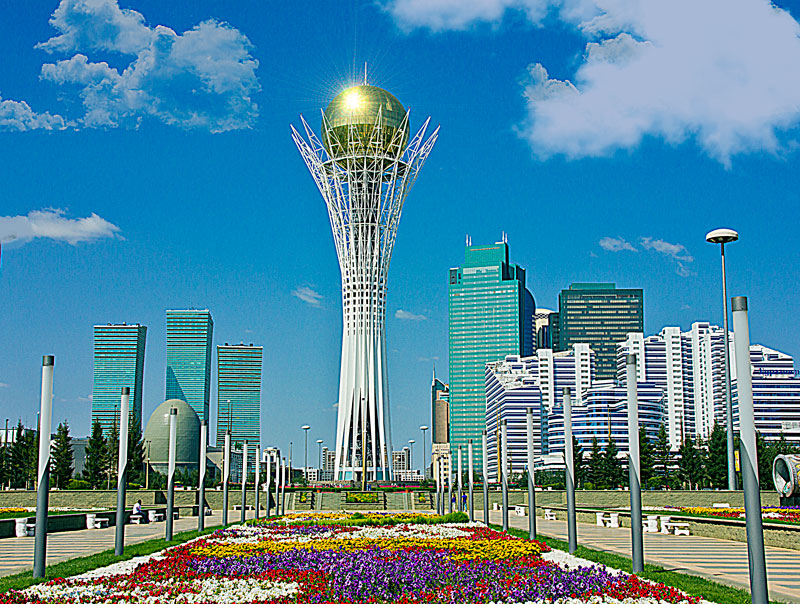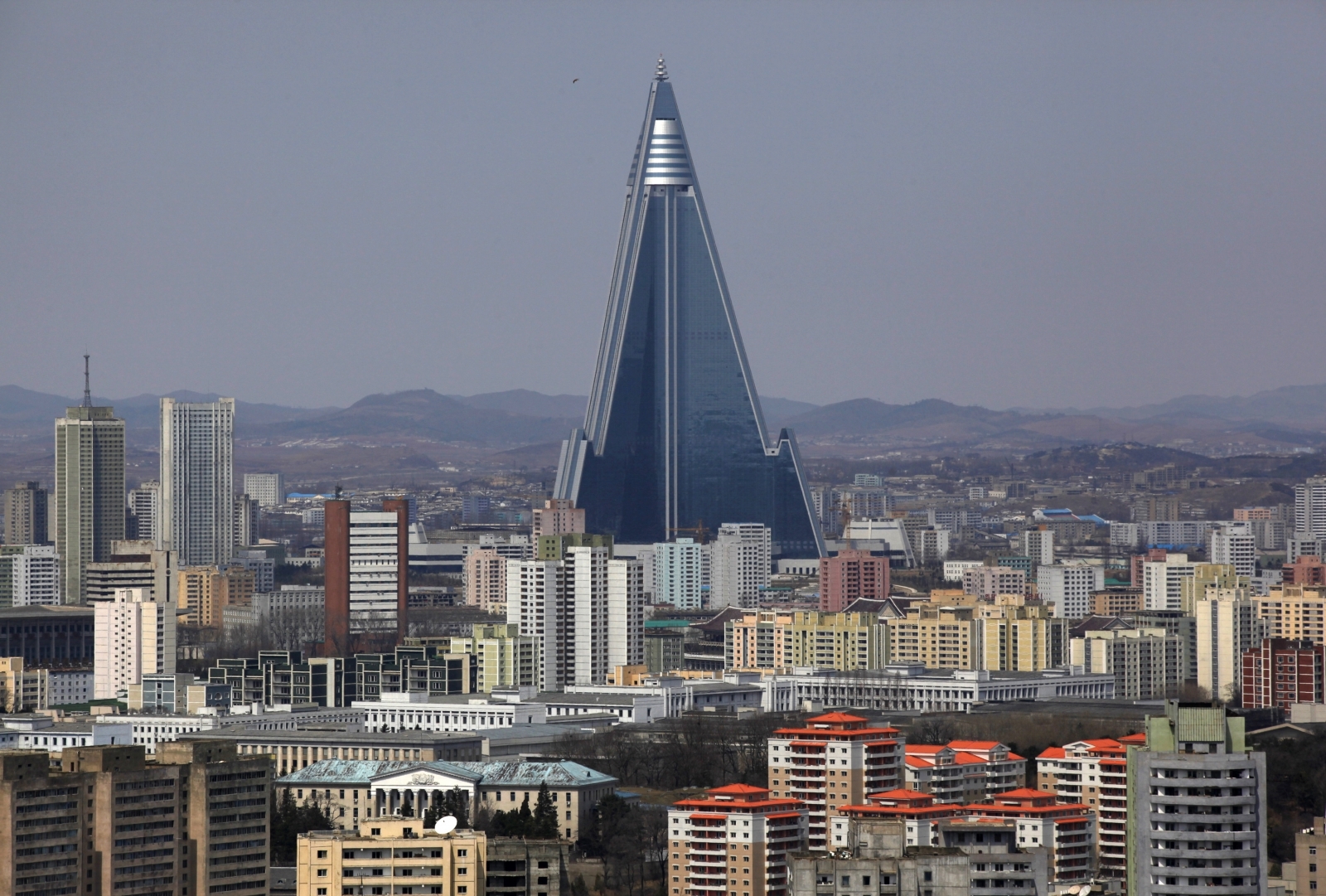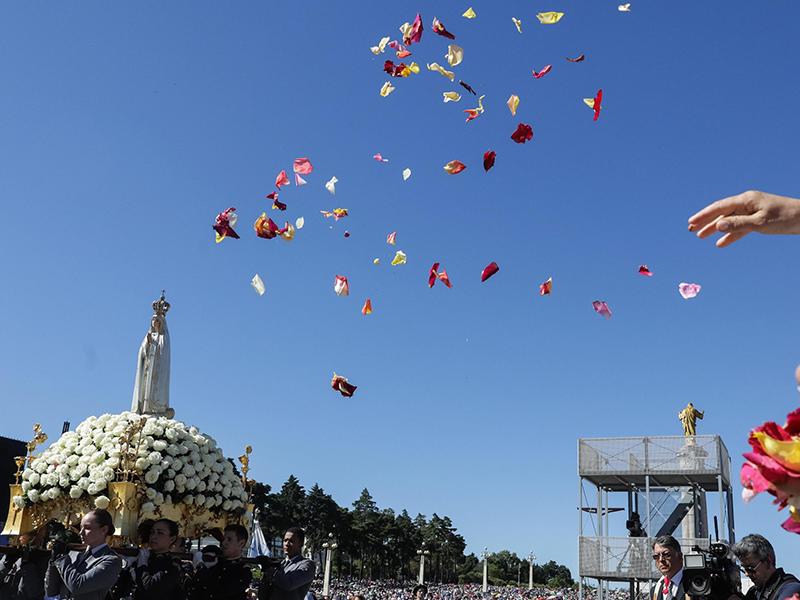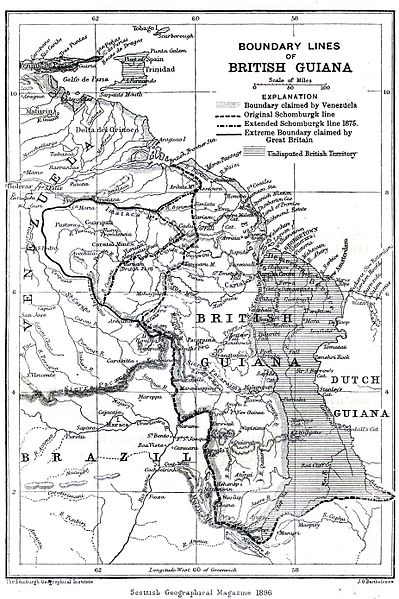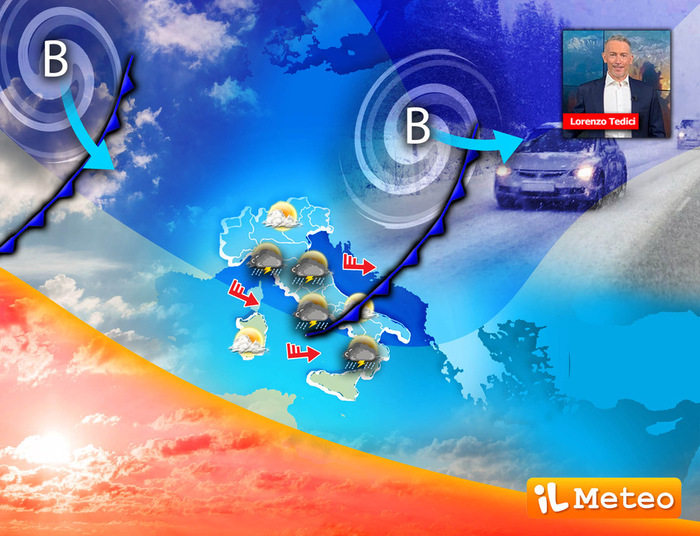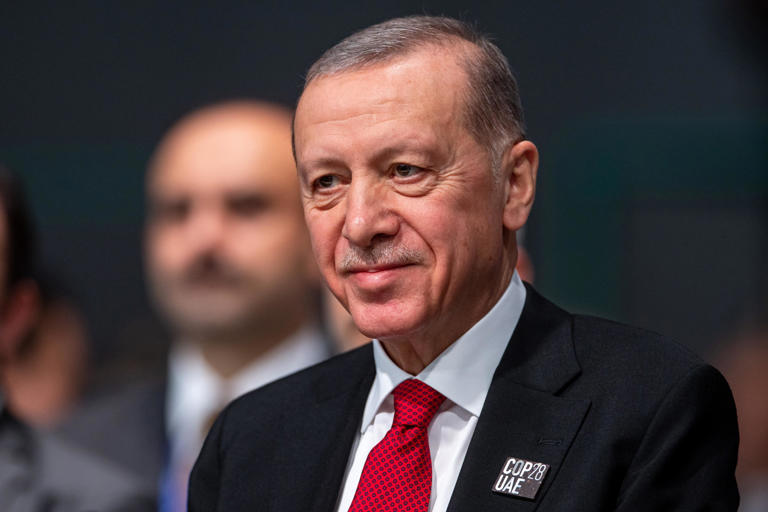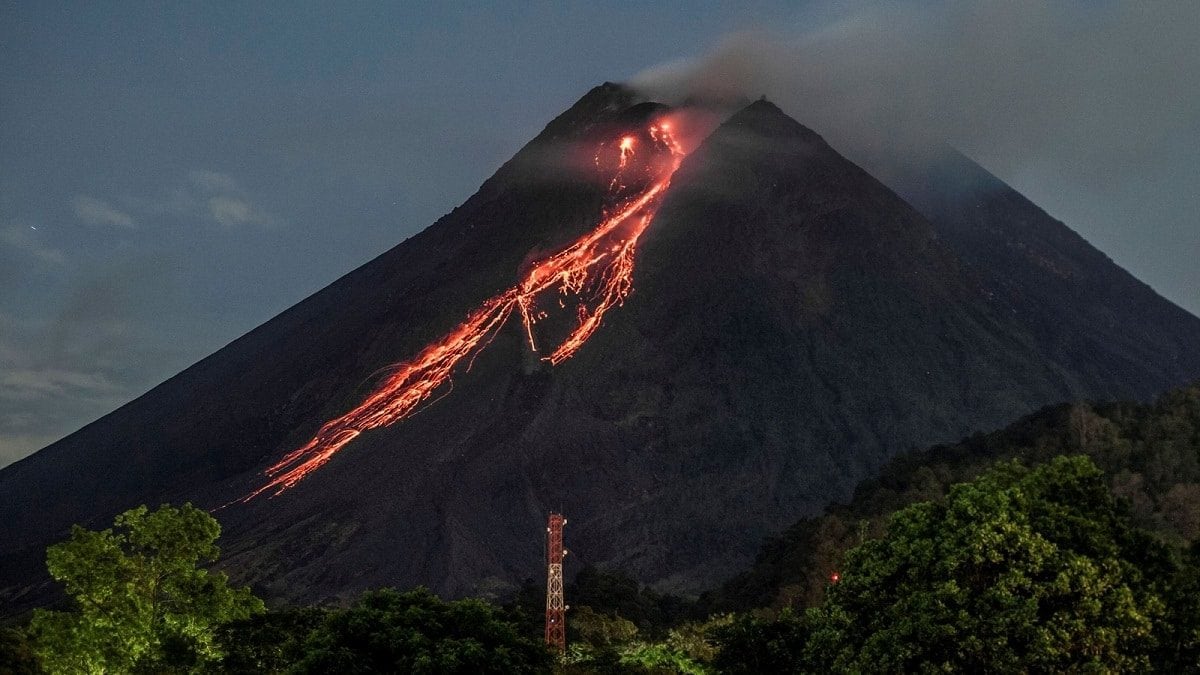@SystemShock wrote:
Actually, it does explain a lot, as far religion is concerned. Once I started looking at different religions without the desire to believe in them, I started realizing that gods didn't make humans in their image, humans made gods in their image. Our ancestors tried to make sense of the world they lived in, and the best they could come up with is gods, of various flavors and sizes. As cultures/civilizations progressed, they gave more and more super human attributes to their gods, idealizing these gods could deliver them from mortality, hunger, poverty. But yeah, it does explain a lot.
@Booker wrote:
Yep, gods started as agricultural saviors that you would pray to for rain, a good harvest, etc., and eventually evolved into personal saviors that you would pray to for eternal life. Most modern religions, when you boil them down, are about escaping death.
--------- الترجمة -------------
كتب @SystemShock:
في الواقع، هذا يفسر الكثير من حيث الدين. بمجرد أن بدأت النظر إلى الأديان المختلفة دون الرغبة في الإيمان بها، بدأت أفهم أن الآلهة لم تخلق البشر على صورتها، البشر يخلقون آلهة على صورتهم. لقد حاول أسلافنا أن يفهموا العالم الذي يعيشون فيه، وأفضل ما استطاعوا أن يتوصلوا إليه هو آلهة ذات نكهات وأحجام مختلفة. مع تقدم الثقافات/الحضارات، أعطوا المزيد والمزيد من الصفات الخارقة لآلهتهم، معتبرين أن هذه الآلهة يمكنها تحريرهم من الفناء والجوع والفقر. ولكن نعم، فإنه يفسر الكثير.
كتب @Booker:
نعم، بدأت الآلهة كمنقذين زراعيين يُصلى لهم من أجل المطر، والحصاد الجيد، وما إلى ذلك، وتطورت في النهاية إلى منقذين شخصيين يُصلى لهم من أجل الحياة الأبدية. معظم الأديان الحديثة، إذا قمت بتلخيصها، تدور حول الهروب من الموت.





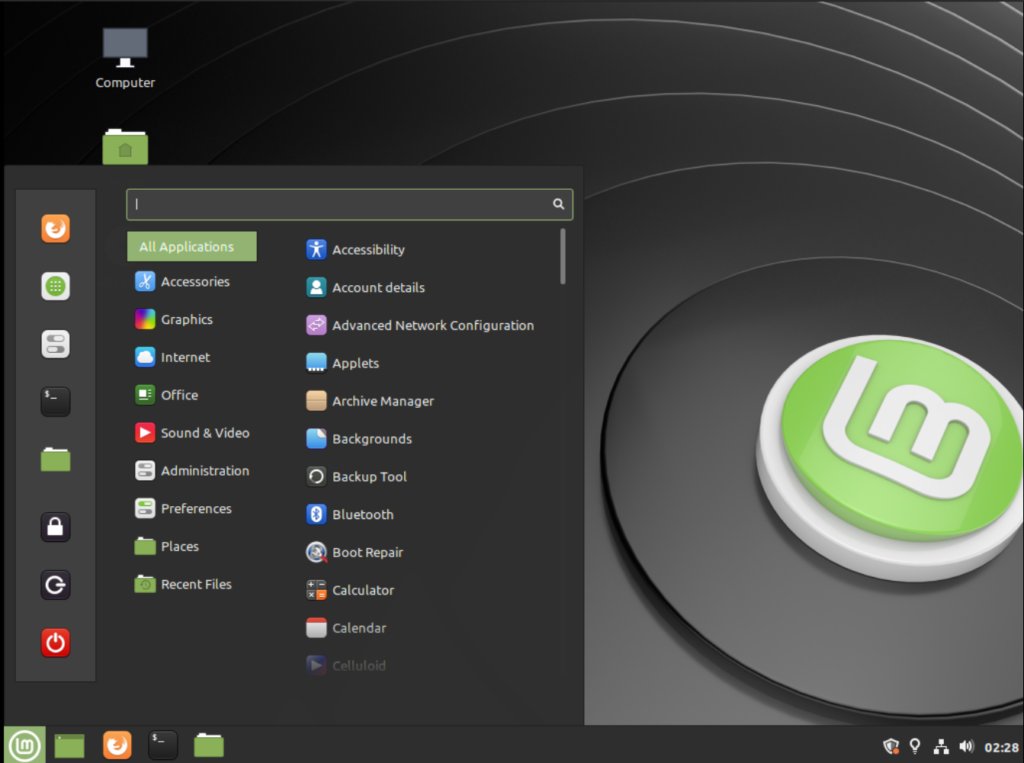


 Reply With Quote
Reply With Quote